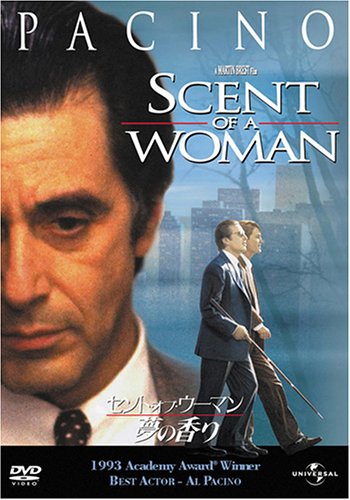Mr Hamid Ansari is sworn in as the Vice President of India
for the second consecutive term. I feel very happy. Not because I support the
party that backs him. As a matter of fact my reasons to like him are very
personal. I am a big fan of Mrs Ansari, a lady who dares to bare: society’s cultural
hypocrisy as well as her own matronly yet beautiful back. I remember her as the
Vice Chancellor’s wife in AMU, who had visited Abdullah Hall on Founder’s Day
to attend Sir Syed’s birth anniversary celebrations. Her shockingly bright silk
Saree worn with a fashionable blouse gave the resident girls food for thought, and
gossip, for many days to come.
Most of the resident-students were scandalized, for Mrs
Salma Ansari was the First Lady of AMU: an institute where parents sent their
daughters to receive education in keeping with their Islamic traditions. Where
anyone not wearing a shalwar-kameez would be looked down upon as a
‘transgressor,’ to use the most polite and literary term. It was the most
commonly used epithet for girls (even the 11-12 years old residents of Sultan
Jahan Hostel) who wore jeans and T-shirts. The only time one could paint one’s
nails was when the menstrual flow forbade offering of Namaaz. Mrs Ansari,
certainly post-menopause, had painted her nails bright red that evening.
I remember each detail of her appearance on the Founder’s
Day dinner at Abdullah: the blinding orange and green of her Saree, the size of
her Bindi, the colour of her nail polish, the fashionably cut blouse which drew
glances and the confidence in her gait. I met her twice again after that first
encounter but I cannot recall what she wore on those occasions. Once she had
given me a trophy for being the best debater in the university. Next time, she
took me by surprise when she entered my room in Old Waheed Jahan Hostel with
another smartly turned out woman of her age. The other lady was the wife of the
then VC of Jamia Milia Islamia. As it turned out, she had occupied the same
room during her student days and wanted to take a trip down the nostalgia lane.
This was just before my std 12 board exams and Mrs Ansari asked me what was I
going to do in life. I shared my wish to ditch the commerce stream and do
‘English Honours’ from DU. She was delighted, being an English Honours walla
herself.
Both of us left AMU in 2002: I got admission in DU, while Mr
Hamid Ansari’s tenure as VC ended the same year. We never met again. On the
Army Day this year, however, I saw Mr Ansari at the high-tea hosted by the Army
Chief. Being a high-profile event, reviving the University connect seemed a
little out of place. I wanted to tell him that his wife was a rock-star in true
senses of the term. I’m sure he is proud of Al Noor, the educational trust
founded by Mrs Ansari in Aligarh. What he might not know is the fact that Salma
Ansari made a difference, however small or insignificant, in the way many girls
in Abdullah Hall perceived tradition, modernity and religion. My room-mate, for
one, decided to stash away her burqa and we went to take a round of the “University
area.” An aapa from Women’s College
began to be seen sporting large colourful bindis, ignoring all the smirks and
dismissive looks that came her way. At the farewell party organized for our
batch, I had overheard somebody whispering, “Look at her blouse, toba! Who does she think she is, Salma
Ansari?” While the comment may appear regressive, it held some promise. Once
you reach Salma Ansari’s stature, you can wear ‘scandalous’ clothes. Earning a
right to choose one’s clothing is a great incentive to do well in life. I am
neither in touch with the girl who dared to emulate Mrs Ansari, nor the one who
passed the comment. I hope the former retained her rebellious streak and the
latter made good of her practical cynicism. Mrs Ansari, apparently, impressed
them both.
I wonder, however, what that class-mate of mine would have
said to those criticizing Salma Ansari for doing horse-riding in Aligarh. Being
the VC’s wife did not exempt her from parochial censure. And yet, Salma Ansari
silenced the ‘culture’ brigade by giving them Al-Noor, an idea that she
conceived during one of her rides.
Salma Ansari, an alumnus of AMU, certainly is a worthy bulbul of this chaman.


